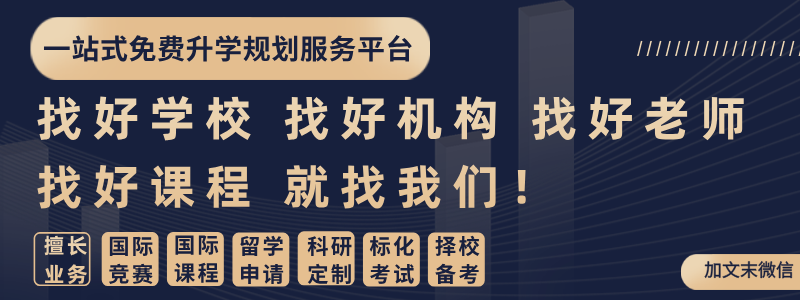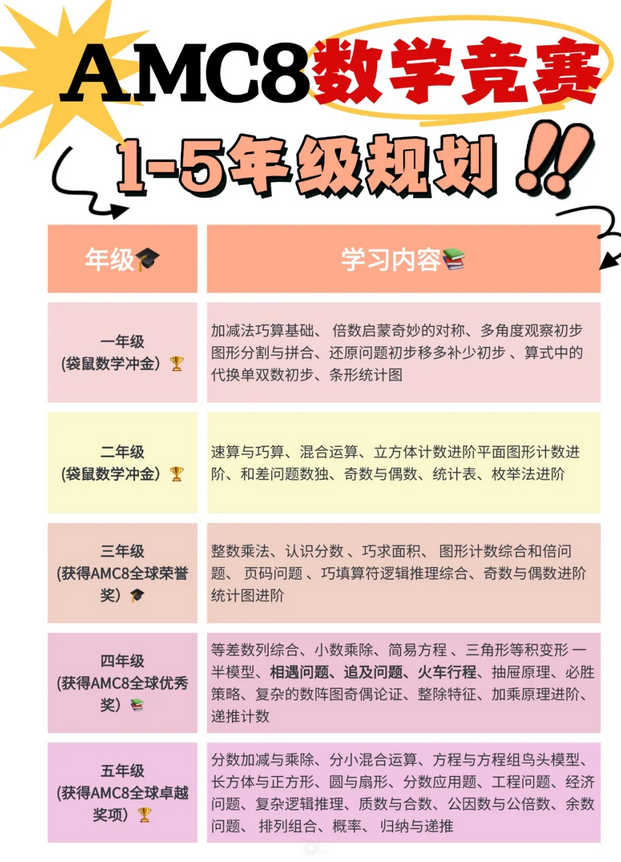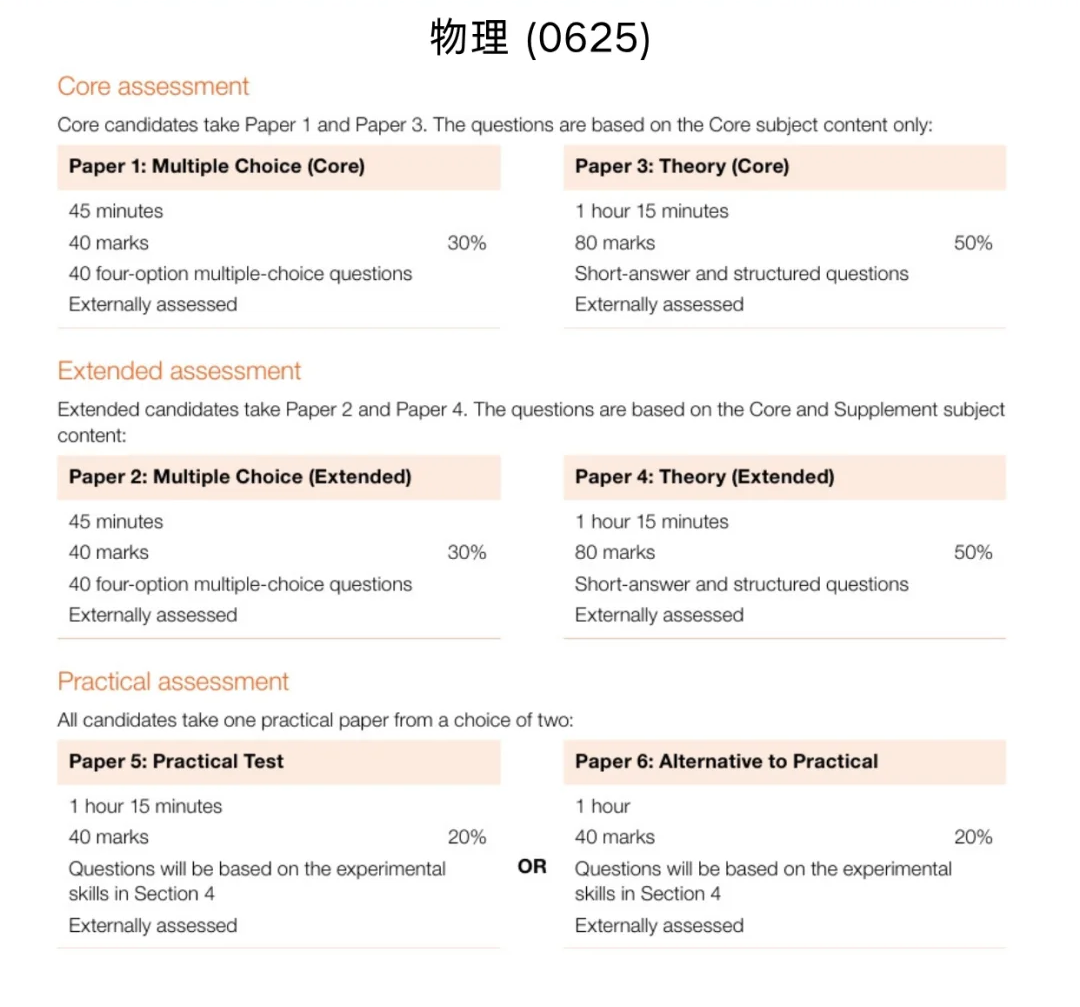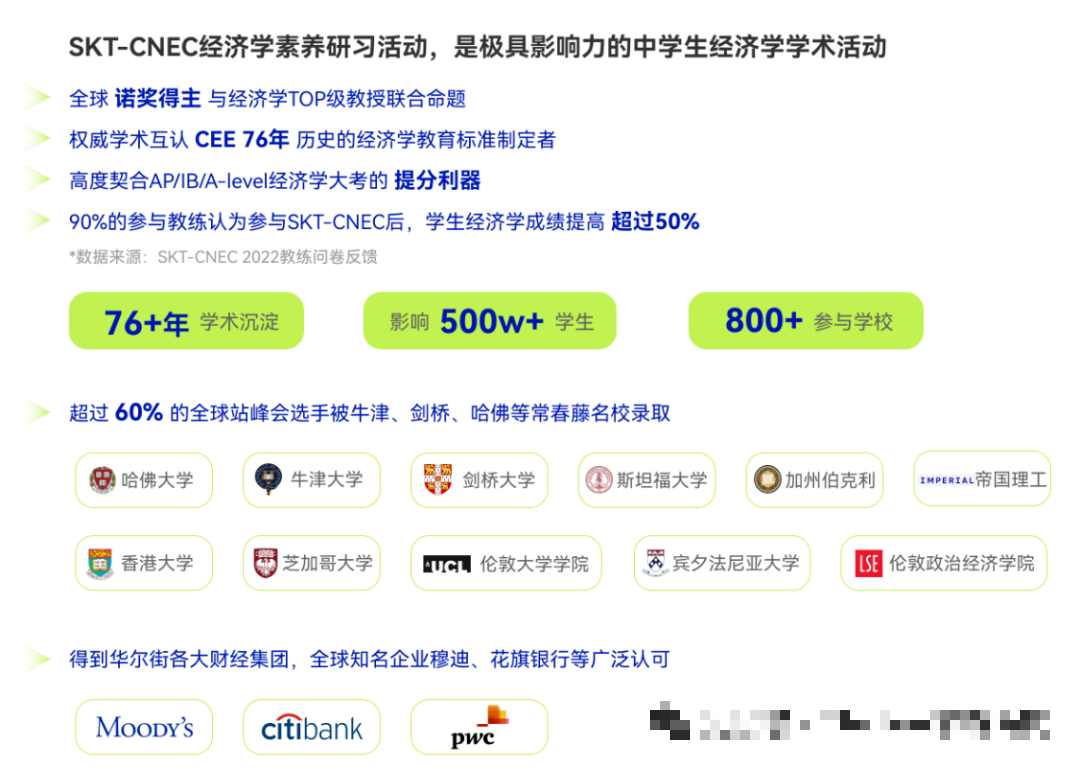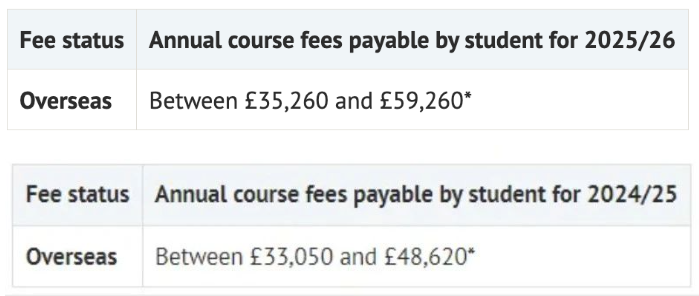本期 “老师博士” 为大家推荐代尔夫特理工大学、乌普萨拉大学最新2026岗位制博士项目信息。
代尔夫特理工大学
PhD Position Physics-informed Learning and Layered Control Architectures for High-tech Greenhouses
TU Delft | Faculty of Mechanical Engineering
Salary range:€3059 - €3881
APPLICATION DEADLINE:30 Sep 2025
Job description
High-tech greenhouses play a crucial role in ensuring sustainable, affordable, and reliable local food production. The construction and operation of high-tech greenhouses is therefore expected to grow significantly over the next decade, but this increase is not matched by a commensurate increase in the number of growers capable of effectively managing them. Achieving high resource-use efficiency of the greenhouse, e.g., maximizing the kg of food produced per unit of energy, requires growers to consider a complex relationship between the short and long term consequences of each operational decision. These factors have lead to a significant interest in autonomous systems for greenhouse management.
Although autonomous greenhouse systems have achieved remarkable improvements in performance over the last couple of years, the current technology cannot be scaled to the entire greenhouse industry as current methods require either enormous amounts of operational data or high fidelity simulators. In addition, current autonomous greenhouse control systems focus almost entirely on the highest level of decision making, while ignoring the lower control layers that actually implement these high-level decisions. This approach leads to a control architecture that is poorly integrated and lacks flexibility in responding to short term perturbations, thereby producing suboptimal performance in terms of profits, resource efficiency, and carbon footprint.
This PhD position is a part of the LEAP-AI project that will address these challenges in autonomous greenhouse control. The project team includes PhD students and researchers at TU Delft, Wageningen University and Research, and Erasmus University Rotterdam, as well as industrial partners that specialize in machine learning, climate control, and computer vision for high-tech greenhouses. The goal of the LEAP-AI project is to collaborate with this team to design the next generation of autonomous greenhouse control systems and will culminate with several large-scale experiments including both research trials as well as validation/demonstration of the new autonomous greenhouse control system in an actual high-tech greenhouse.
In this PhD project, you will explore how physics-informed graph neural networks (GNNs) in combination with nonconventional sensors (such as computer vision) can be used to enable generalizable, explainable, and data efficient machine learning for crop-greenhouse systems. A particular focus will be placed on using these GNNs in predictive and optimization-based control methods with opportunities to explore tailored control formulations and optimization algorithms for optimal control with GNN models. The ultimate goal is to use these insights to redesign the control layers and communication strategy of current autonomous greenhouse systems to improve both the flexibility and explainability of the system.
Job requirements
Applicants should have:
- Completed a relevant MSc degree in systems and control, engineering, applied mathematics, or a related field.
- A strong background or interest in systems and control, machine learning, and biological systems.
- Some experience conducting, designing, and/or managing experiments for physical/biological systems is preferred, but not required.
Conditions of employment
Doctoral candidates will be offered a 4-year period of employment in principle, but in the form of 2 employment contracts. An initial 1,5 year contract with an official go/no go progress assessment within 15 months. Followed by an additional contract for the remaining 2,5 years assuming everything goes well and performance requirements are met.Salary and benefits are in accordance with the Collective Labour Agreement for Dutch Universities, increasing from €3059 per month in the first year to €3881 in the fourth year. As a PhD candidate you will be enrolled in the TU Delft Graduate School. The TU Delft Graduate School provides an inspiring research environment with an excellent team of supervisors, academic staff and a mentor. The Doctoral Education Programme is aimed at developing your transferable, discipline-related and research skills.The TU Delft offers a customisable compensation package, discounts on health insurance, and a monthly work costs contribution. Flexible work schedules can be arranged. For international applicants, TU Delft has the Coming to Delft Service. This service provides information for new international employees to help you prepare the relocation and to settle in the Netherlands. The Coming to Delft Service offers a Dual Career Programme for partners and they organise events to expand your (social) network.
Additional information
For more information about this vacancy, please contact Dr. Koty McAllister, r.d.mcallister@tudelft.nl.
Application procedure
Are you interested in this vacancy? Please apply no later than 30 September 2025 via the application button and upload the following documents:
- A curriculum vitae (CV) that states your education and relevant working experience.
- A motivation letter stating why the proposed research topic interests you (no more than 1 page).
- The names of two persons and their email addresses who could be contacted for a reference.
- One or two research-oriented documents written by the application (e.g., MSc thesis, journal/conference publication).
- Transcript for your MSc degree including grades for courses.
You can address your application to Dr. Koty McAllister.
For more information about the application procedure, please contact Giedo Kocken, HR advisor, recruitment-me@tudelft.nl.
乌普萨拉大学
PhD positions at the Department of Economic History
Utrecht University | Department of Economic History
APPLICATION DEADLINE: 15 Sep 2025,
Duties and Project descriptions
The Department of Economic History is advertising at least three PhD positions, with starting date12 January 2026. All three positions are part of specific research projects.
Research level education comprises four years, full-time, corresponding to 240 higher education credits, of which the PhD thesis constitutes 165 credits and courses 75 credits. The education is financed through a combination of scholarship funds during year 1-3 followed by a doctoral student position during year 4.
The following projects are searching for one PhD student each:
Project 1. Creating value of hazardous waste: recycling in the automobile industry, 1970-2020s
While reuse and recycling have always been part of human practice, post-war consumerism led to an unprecedented increase in the volume of waste and made Sweden one of the leading per capita waste producers in Europe in the 1970s. Parallel to the growth of waste was the awakening of modern environmentalism and 30 years later, Sweden had transformed its economy to become a technological leader in advanced recycling services, not only for household waste, but also for complex industrial waste, such as the recycling of automobiles and household appliances. In today's large-scale transitions in the automotive industry, a deeper understanding of adaptability, flexibility, as well as inertia and inactivity, is central, especially in relation to complex and hazardous materialities such as battery cell production.
By looking at the dynamics of the past, this project intends to highlight the challenges and opportunities for future paths by examining the materialities, industrial organization and policies behind the growth and transformation of the recycling sector in the Swedish economy from 1970 to 2020. The project is based on a historical approach to understand the conditions for the recycling and manufacturing industries by uncovering long-term processes. The basis for this project is the construction and analysis of largely unexplored archival material as well as rich material in the form of a series of reports produced by the Swedish authorities. As a Ph D. student, you are expected to study the drivers behind the transformation of scrap trading and processing firms into high-tech recycling firms, and how the market has been consolidated into a limited number of large players. The scaling and consolidation of the market structure will be explored by focusing on the key players that have remained in business during the study period.
Project qualifications: background in economic history, history, history of ideas or similar disciplines. Documented experience of archival research and qualitative methods is qualifying for the position.
More information: project leader Daniel Normark, Daniel.normark@ekhist.uu.se
Project 2. Economic Outcomes of the ´Entrepreneur´ during the Expansion of the Welfare State
To what extent do the self-employed represent a productive force in the economy? The share of self-employment—by contrast to wage earners—in the labor market over the past 100 years has followed a U-shaped curve: high levels before World War II, low levels during the mid-20th century welfare-state expansion, and then back to high levels again in recent decades. In this project, the PhD student will apply econometric techniques on micro-level data to investigate the causes of, and effects stemming from, the sharp decline in self-employment during the mid-20th century.
The project involves digitizing Stockholm’s tax and population registers, covering the entire population of Stockholm from 1940 to around 1970, in collaboration with other researchers at the Department of Economic History. These registers contain highly detailed individual-level information on income from self-employment and wage work, as well as occupation and industry. The data will be processed automatically using machine-learning methods through a model already developed within the project.
Project qualifications: A relevant background includes a degree in economic history, sociology, data science, economics, political science (or a related field). Documented skills in econometrics/statistics and/or data science are meritorious.
More information: project leader Jakob Molinder, jakob.molinder@ekhist.uu.se
Project 3. The managing of the Swedish banking crisis 1990-2005
Despite the fact that there is an extensive literature on government intervention in banking crises, we know very little about the work carried out by the hundreds of civil servants, lawyers, accountants, management consultants and other experts to implement the decisions on intervention made at the political level. This knowledge gap is problematic because the work, judgment, organization and decision of these individuals strongly influence the forms, scope, consequences and costs of state’s banking crisis management. In this project, this is investigated by studying the managing of the Swedish banking crisis in the early 1990s, based on extensive archival studies, interviews and witness seminars.
Project qualifications: Relevant background is a degree in economic history, business administration, history, political science, finance, sociology, economics, (or similar).
More information: project leader Mikael Wendschlag, mikael.wendschlag@ekhist.uu.se
Qualification requirements
Entry for third-cycle (doctoral) programmes require both general and specific eligibility, These should be upheld before being formally accepted to the program. The general entry requirements for third-cycle (doctoral) programmes are:
- academic degree at an advanced (Master´s) level, or
- attainment of at least 240 higher education (HE) credits for courses, of which at least 60 HE credits are awarded in the second cycle, or
- equivalent training either in Sweden or abroad.
Additionally, admission to the third-cycle programme in Economic History also requires:
- attainment of 90 higher education credits for courses in Economic History at any level, or
- completion of equivalent training either in Sweden or abroad.
Qualified persons must master English in speech and writing. Applicants not fluent in Swedish are expected to learn Swedish during their time as PhD students. For some specific projects, it may be required that the applicant masters Swedish from the beginning. PhD candidates are expected to work on campus, participate in departmental activities such as seminars, workshops, etc., and actively contribute to the research environment.
Applications can be written in Swedish or English, and should be submitted via Uppsala University´s electronic application system, and consist of:
- A completed application in Varbi
- A Curriculum Vitae
- A general description (maximum 1 page) on why you are applying to the PhD program.
- A specific motivation (maximum 3 pages) which of the research projects you are interested in, how you would perform the thesis work and what makes you particularly suitable (in the form of studies, work experience) for the particular PhD project.
- Certified transcript(s) alternatively copy of your academic record/degree(s) to date that verifies the general and additional requirements
- One copy of your academic theses and other independently authored scholarly texts (from bachelor and master degrees or equivalent academic papers)
- Contact details for two academic reference persons, primarily teachers and/or supervisors
- Declaration of language proficiency: State which languages you are fluent in, and specify whether you are able to participate in academic discussions in English
- Other documents you may wish to submit
Assessment procedure
Admittance of a doctoral student is based on an assessment of the candidate´s ability to benefit from third-cycle studies. The main emphasis is laid on the scientific quality of the texts/thesis submitted by the applicant. The applicant´s education, work experience and research plan are also weighed in.
A recruitment committee first makes a shortlist selection on the basis of the submitted files, after contacts with references. The shortlist is discussed within the supervising committee and a small group of candidates is selected for interviews. The interviews will be carried out in September/October by representatives of the department, on campus or via Zoom. During the interview, the applicant will receive information about the competition for the different announces positions, and how his/her profile has been assessed in relation the the different projects. The applicant will have an opportunity to ask about the projects and state his/her preferences. After the interviews a final decision is made. The shortlisted applicants will be individually informed of the results of this selection process shortly afterwards.
More information concerning doctoral education, requirements and rules for admission can be found at http://www.uu.se/utbildning/utbildningar/forskarutbildning.
About the employment
The employment is a temporary position according to the Higher Education Ordinance chapter 5 § 7. Scope of employment 100 %. Starting date 12 January 2026 or as agreed. Placement: Uppsala.
For further information about the position, please contact: Head of research professor Anders Ögren, anders.ogren@ekhist.uu.se or Director of research level studies, Tom Petersson, tom.petersson@ekhist.uu.se
Please submit your application by 15 September 2025, UFV-PA 2025/1988.


